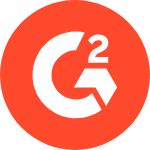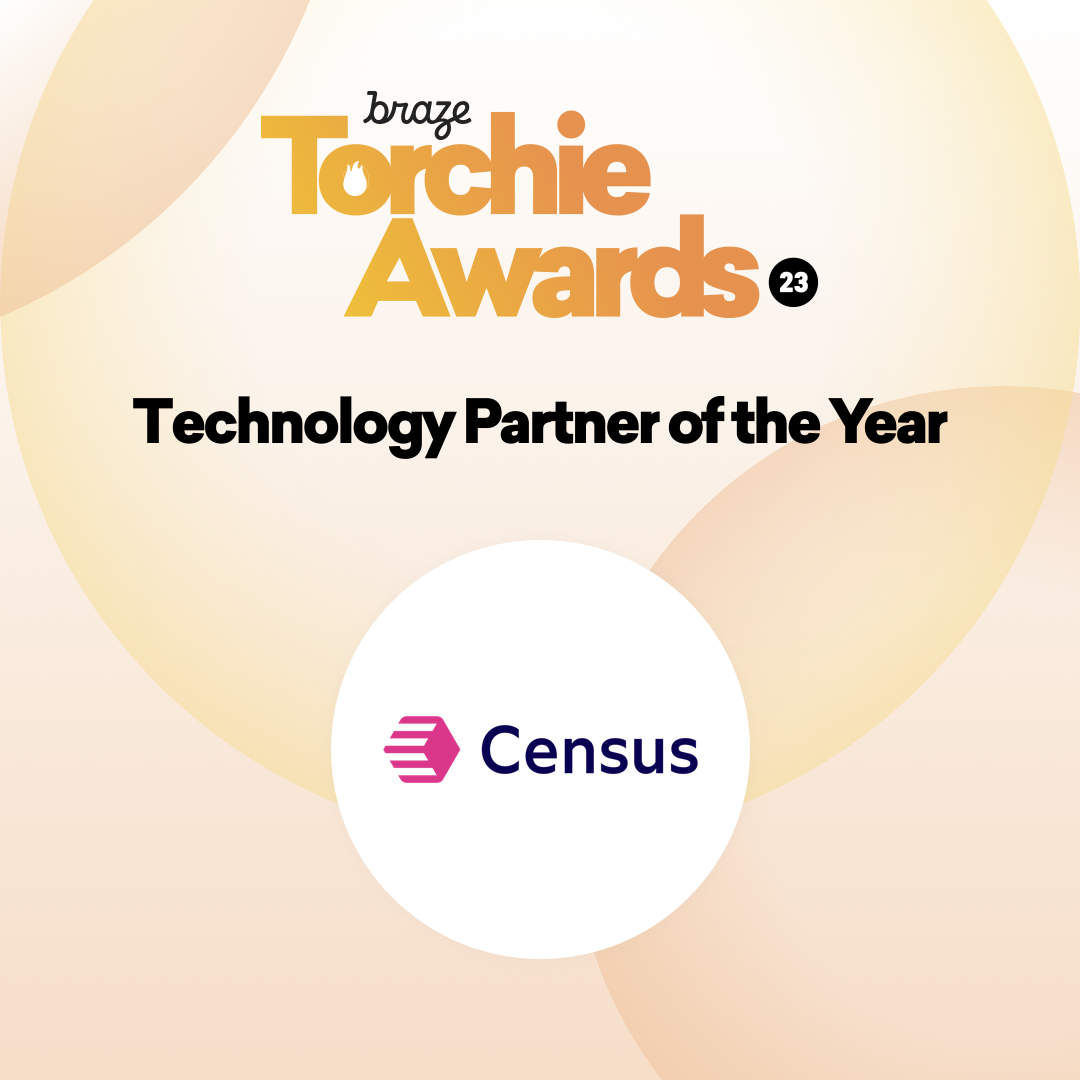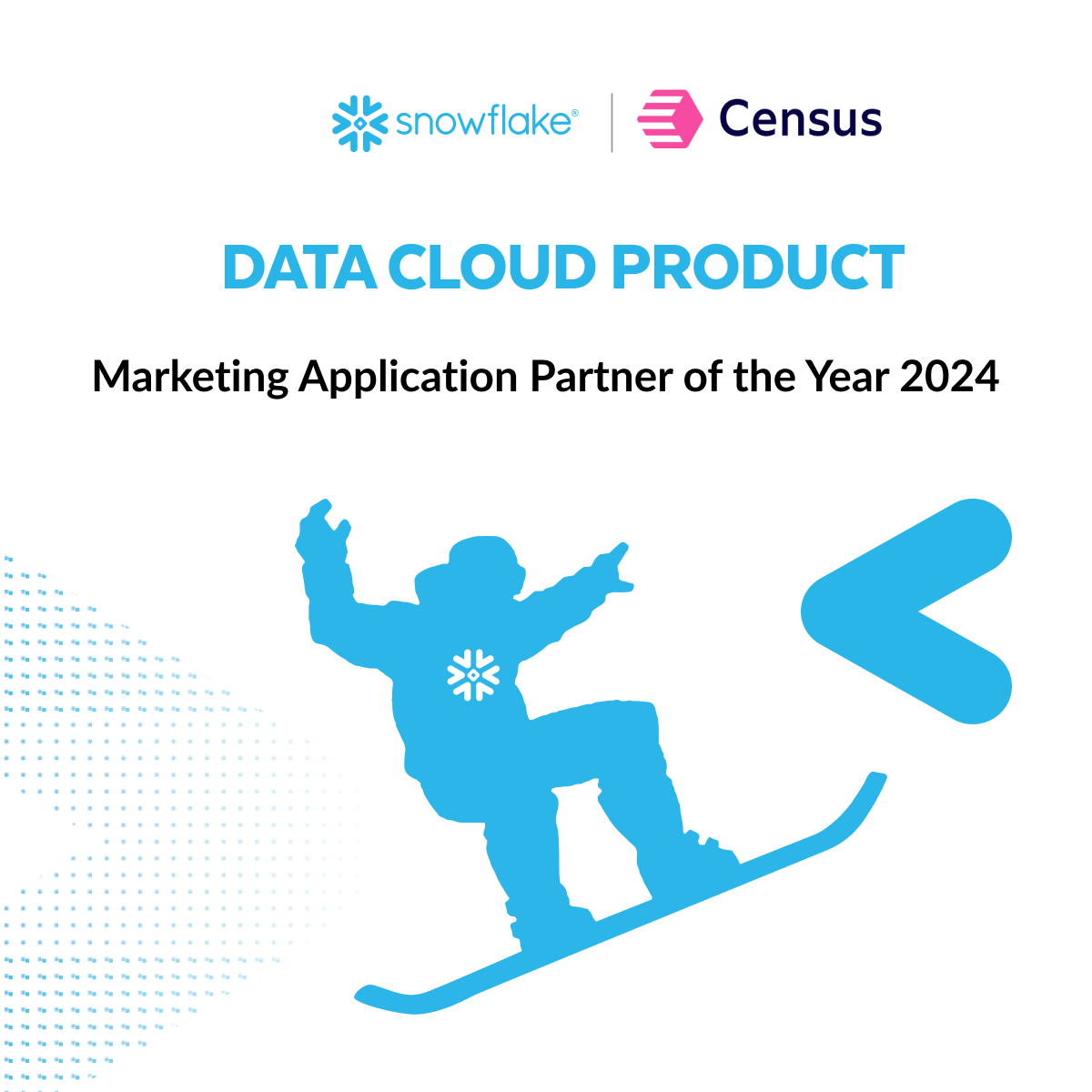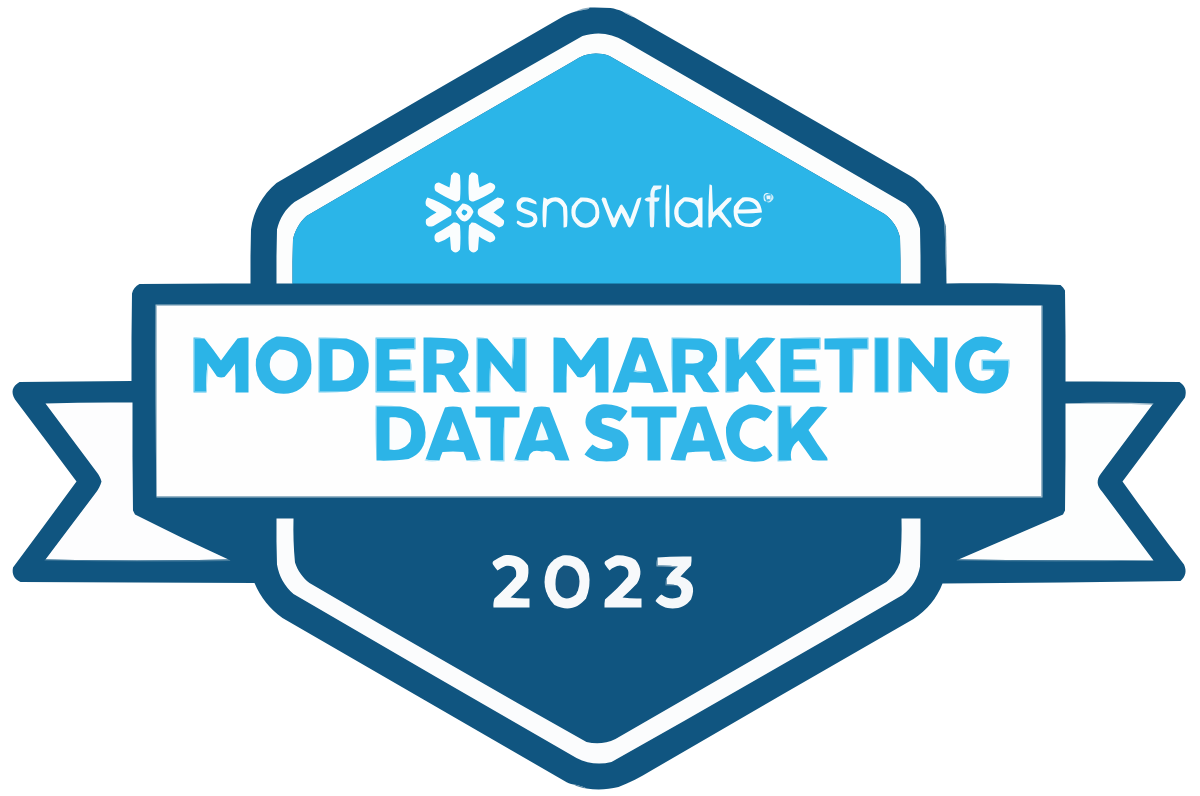Sync Heroku Postgres to Salesforce
Connect to Salesforce (and your Sandboxes) and bring all your customer data from your data warehouse into the hands of your sales & success teams. With Census, the data isn't just imported once, it's kept in sync forever. No engineering favors or messing with CSV files required.
Get a demo Try for free







Integration in Four Steps
Step 1: Connect Heroku Postgres
Connect Postgres with standard ODBC credentials.
Step 2: Connect Salesforce as a destination
Use an OAuth log-in flow to connect Census to Salesforce directly via the Census Connections page.
Step 3: Define the core data that matters for your business
Write a SQL Statement to select the records you want to sync from Heroku Postgres. Census will match records based on the unique identifier you provide (like email or ID).
Step 4: Schedule your sync
Choose your sync frequency with options to transfer data in real time, on a schedule, or triggered via our API.
Get a demoWhere can you sync your Heroku Postgres in Salesforce?
Salesforce Object
We support every object in Salesforce including custom objects. Contact us to learn more!
API Docs DescriptionAccount
Represents an individual account, which is an organization or person involved in the business like customers, competitors, partners, etc. Use this object to manage accounts in your organization.
API Docs DescriptionAccount History
Represents the history of changes to the values in the fields of an account. Use this object to identify changes to an account.
API Docs DescriptionAsset
Represents an item of commercial value, such as a product sold by the company or a competitor that a customer has purchased and installed. This object is used to track assets previously sold into customer accounts. With asset tracking, a client application can quickly determine which products were previously sold or are currently installed at a specific account.
API Docs DescriptionCase
Represents a case, which is a customer issue or problem. Use the case object to manage cases for your organization.
API Docs DescriptionContact
Represents a contact, which is an individual associated with an account. This object is used to manage individuals who are associated with an Account in the organization.
API Docs DescriptionDomain
Read-only object that represents a custom Web address assigned to a site in your organization. This read-only object is used to object to query the domains that are associated with each website in your organization.
API Docs DescriptionUser
Represents a user in the organization. This object is used to query information about users and also helps to provide and modify the information concerning the users.
API Docs DescriptionA single source of truth in all your tools
Census is the easiest way to share a consistent view of your data across your entire business. Define your models, metrics, and business logic in your data warehouse and sync them to all your operational tools.
- Create trust in consistent metrics
- Automate confidently with clean data
- Simplify your data integration strategy
- Improve data security and visibility
Helping business & data teams collaborate at








Advantages of Census
Build once. Reuse everywhere.
Once you define your models in dbt or in Census, you can sync them to all your tools, so every team is using the same data to achieve their goals.
No more CSV files & Python scripts
Focus on improving data quality and collaboration, not writing custom code to integrate with Go-t0-Market tools. Census takes care of getting the data into the hands of your business team. No engineering favors required.
It just works. At scale.
Whether you sync 100 records or 100 billion, we will keep your data in sync across your warehouse and your business tools. Census automatically navigates API failures and monitors errors to keep you aware of worst case scenarios.
Data Activation Use Cases
Syncing from Heroku Postgres
Heroku Postgres is a managed SQL database service provided directly by Heroku. You can access a Heroku Postgres database from any language with a PostgreSQL driver, including all languages officially supported by Heroku.
Now you can use the data in Heroku Postgres for more than just analytics and BI. With Amazon Heroku Postgres you can operationalize your data across your entire customer data stack.
Learn how to use Census with 👉 our Heroku Postgres docs
Syncing to Salesforce
Salesforce is a leading cloud-based customer relationship management (CRM) application. Salesforce allows you to connect with your customers and unlock business opportunities throughout the entire sales cycle, from the moment a lead expresses interest to the renewal stage and beyond. This CRM offers all of the features you need to improve engagement and better connect with your customers, partners, and potential customers. There are several ways to build these important relationships, such as viewing your leads, opportunities, accounts, any associated revenues, more.
Learn how to use Census with 👉 our Salesforce docs
Census connects to Heroku Postgres and syncs data to Salesforce. With 200+ integrations (and counting!) and transparent pricing, it's never been easier to start operationalizing your data. This is what we like to call Reverse ETL.
Census is the #1 Data Activation and Reverse ETL platform




“Census is a big part of how we drive net new business and greatly reduce costs using data.”
Marc Stone VP of Data and Growth





From your data warehouse to all your teams, customers, and apps.
Without code or CSVs.
Take action with data today. Book a demo with one of our experts.























